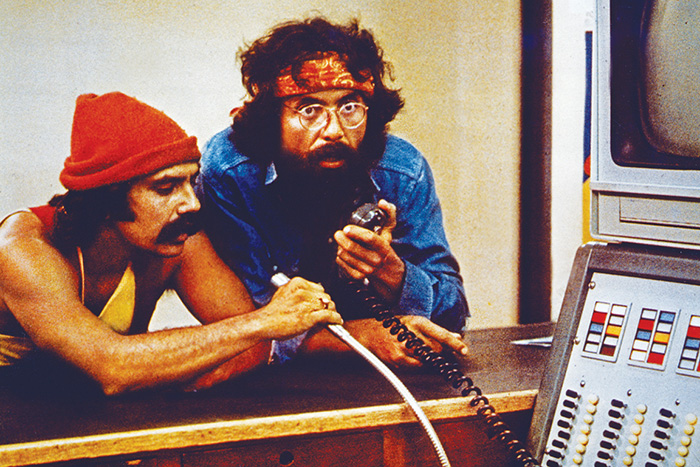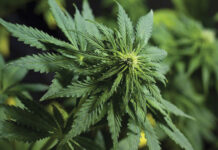More than a ‘Cheech and Chong’ movie title, here’s the science behind cannabis and sleep
Back in the 1990s, I was working for Wired Online, where one of my tasks was to edit columns (they were really blog posts, but the word “blog” didn’t exist yet) written by Dr. Andrew Weil, the celebrity doctor whose star was just beginning to rise. Part of his schtick was to answer questions from readers. This was during the popular web’s early days, and nobody, even including Wired, had a huge audience, so a fairly large proportion of the questions came from Wired staffers.
I asked Weil about how cannabis use affected sleep. I’d noticed over the years that the more pot I smoked, the more likely it was that I would forget my dreams. And when I laid off for a while, my dreams would get super-vivid and weird. I wondered why. He answered—as was his wont—as if he had studied the question, when clearly he hadn’t. He just vaguely and tersely replied that it was common and nothing to be concerned about. This was less than satisfying.
But Nick Jakomis, a neuroscientist who works for Leafly (as the site’s director of science and innovation) and studies cannabis for a living, answered the question back in 2022 (the Leafly newsletter happened to re-publish his column last week). I had asked Weil because I wondered if the obvious effect that pot was having on my sleep and dreaming might be harmful. Strident pot advocates always insist that pot does no harm at all, and only does good, but of course that’s nonsense. Anything that changes brain chemistry (and certainly anything other than air that one breathes into their lungs) has the potential to do harm.
Is that the case when it comes to the effects of cannabis on sleep and dreaming? Jakomis did something that most celebrity doctors tend not to do: He surveyed the research and talked to experts. As is the case with nearly everything having to do with cannabis and health, “there is no one-size-fits-all answer,” Jakomis wrote.
He looked in particular at THC, because it appears that among the cannabinoids in pot, it has the greatest effect on sleep.
Cannabis is often prescribed as a sleep aid, and by all appearances, it seems to work well for a lot of people. As is the case with pharmaceuticals like opioids, many people are able to stop taking prescribed sleep medications once they start using cannabis. People report falling asleep faster and sleeping more soundly, especially when they first start using cannabis for this purpose. Also in the early stages of use, REM sleep (which is when dreams occur) is decreased. But over time, that effect normalizes, and the amount and quality of REM sleep tends to return to close to normal.
The same kind of thing happens when one stops using weed. At first, the effects are strong: REM sleep quickly increases (even on the very first night of abstention), and dreams get freakier and more memorable. Many people say they don’t feel rested. But then things eventually revert to normal, assuming abstention continues.
So while Weil’s answer to me might have been offhand, he wasn’t wrong. Pot will mess up sleep, but then it will stop doing so. Quitting pot will do the same. At least for most people, according to what research has been done.
This is likely why people who only occasionally use cannabis report having “pot hangovers,” while people who use it with any regularity tend to experience less of that. It’s also why so many people who quit using pot after long periods of regular use report severe withdrawal symptoms, most often including sleep problems.
But the bottom line seems to be that, from what is currently known, none of this is a huge problem, and it’s probably far better for people who have trouble sleeping to use some kind of cannabis product (THC, CBD, whatever) than it is for them to use pharmaceuticals.








